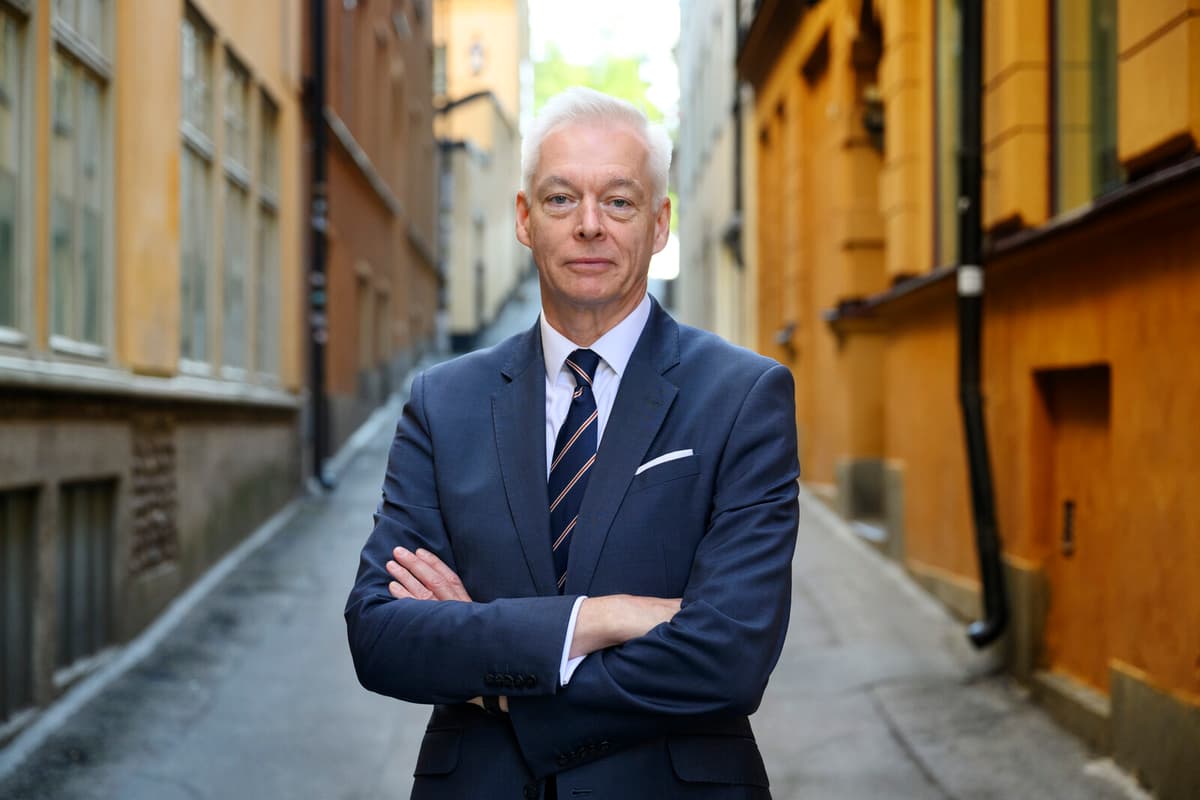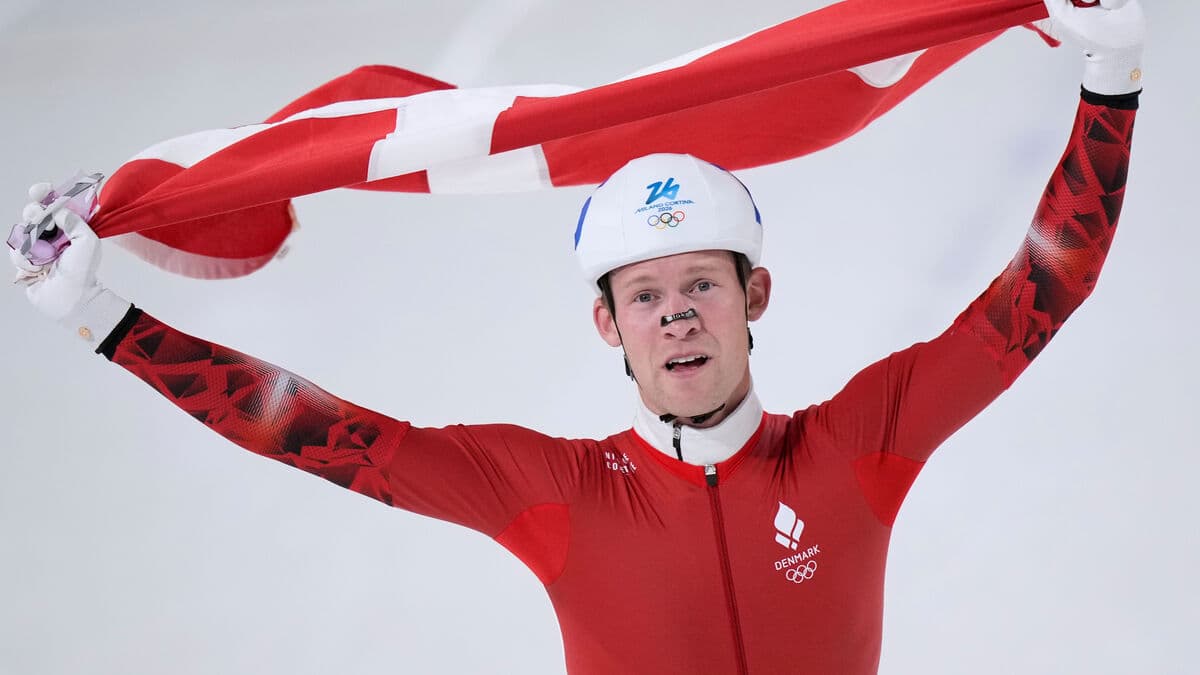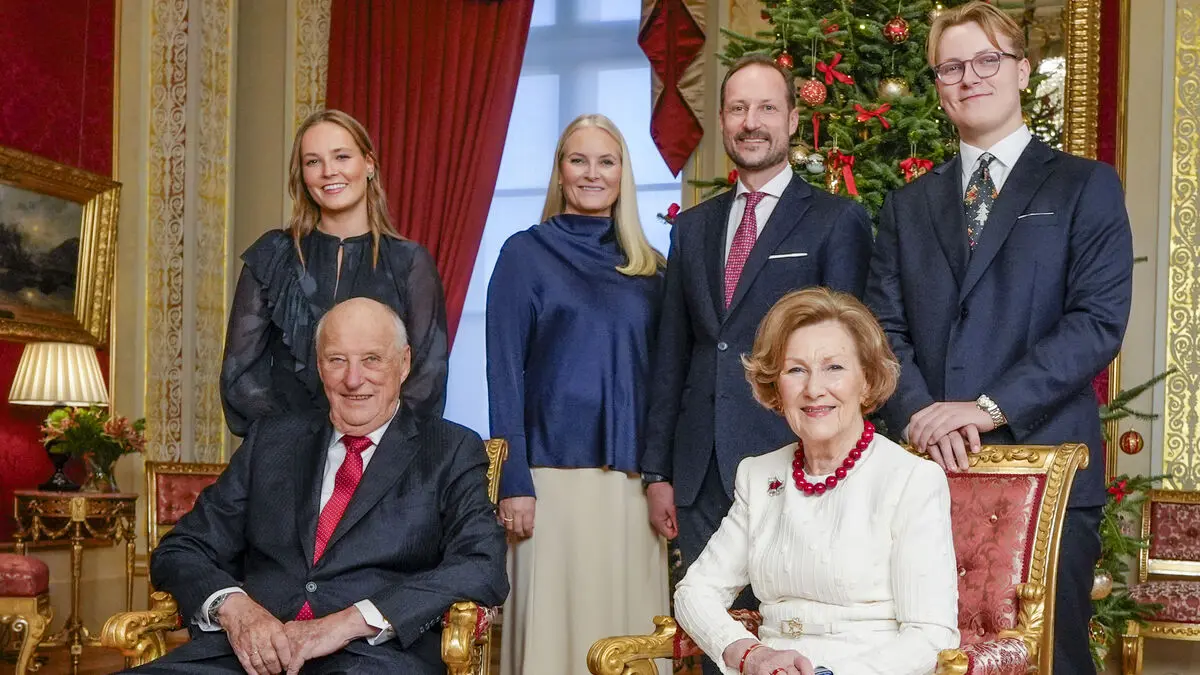Russia's President Vladimir Putin is open to a ceasefire in Ukraine, but it must lead to a lasting peace "where the underlying fundamental problems of the conflict are eliminated".
The statement from Putin was made at a press conference with Belarus leader Aleksandr Lukasjenko on Thursday.
According to Joakim Paasikivi, it is about the demands that were made before the full-scale Russian invasion began in February 2022. Partly, it is about "NATO's expansion" which should be rolled back to how it was in 1997, and partly the demands of "denazification" of Ukraine.
Ukraine should only have limited forces, so that the country cannot defend itself against Russia – and a neutralization where Ukraine is not allowed to join NATO or the EU. They wanted to make a vassal state of Ukraine, says Paasikivi, who is now a senior geopolitical advisor at the law firm Mannheimer Swartling after a long military career.
Advertisement
Wants to avoid sanctions
The choice to have Lukasjenko by his side during the press conference, Paasikivi also believes is a way to handle the Ukraine war as "one of many issues". It is also not clear how hard the demands are.
The general Russian negotiating method is to make maximalist demands and not back down. But now there is this uncertainty where you do not know what the American consequences of the Russian stance will be.
Putin's statement can be seen in the light of the US President Donald Trump threatening with expanded sanctions if Russia does not come to the negotiating table. Paasikivi means that it is a way for Putin to "throw out a hook" and signal that sanctions are not motivated.
This is a delay where Russia wants to reconquer Kursk and continue with its attacks on Ukraine as much as they can – and give in as little as possible.
Advertisement
Putin and Trump "rule the world"
Putin said at the press conference that Russia might have to turn to its "American colleagues and partners". According to Paasikivi, it is part of Putin's perception that he and Donald Trump "rule the world", where Ukraine has nothing to say.
It is always a conversation between Trump and Putin. Europe is not an independent actor, but everything is controlled from Washington where you have to agree on terms that can be dictated.
Paasikivi also emphasizes that Trump's next step can be interesting to follow when Putin has moved the ball to the US's court.
Now we will see which country the US will exert pressure on – will it be Russia or Ukraine?
Advertisement






